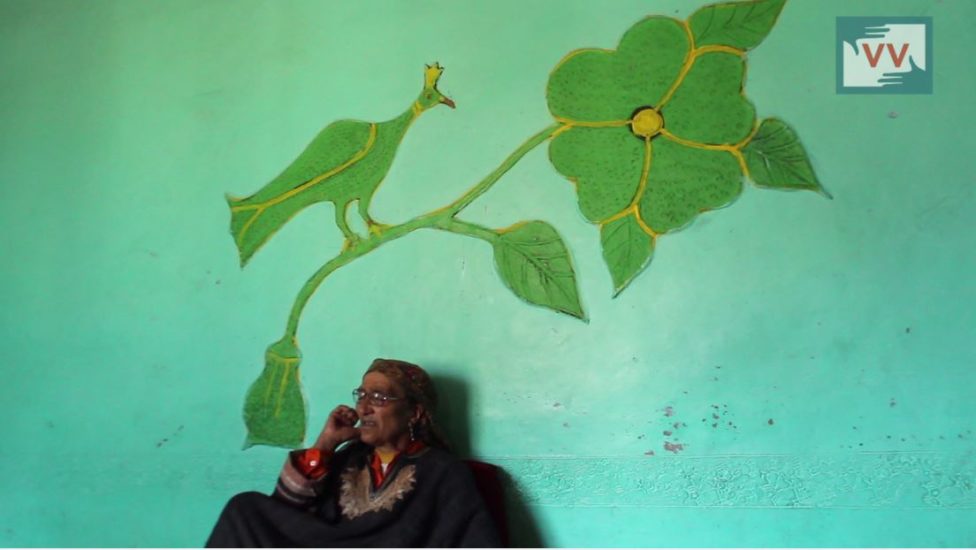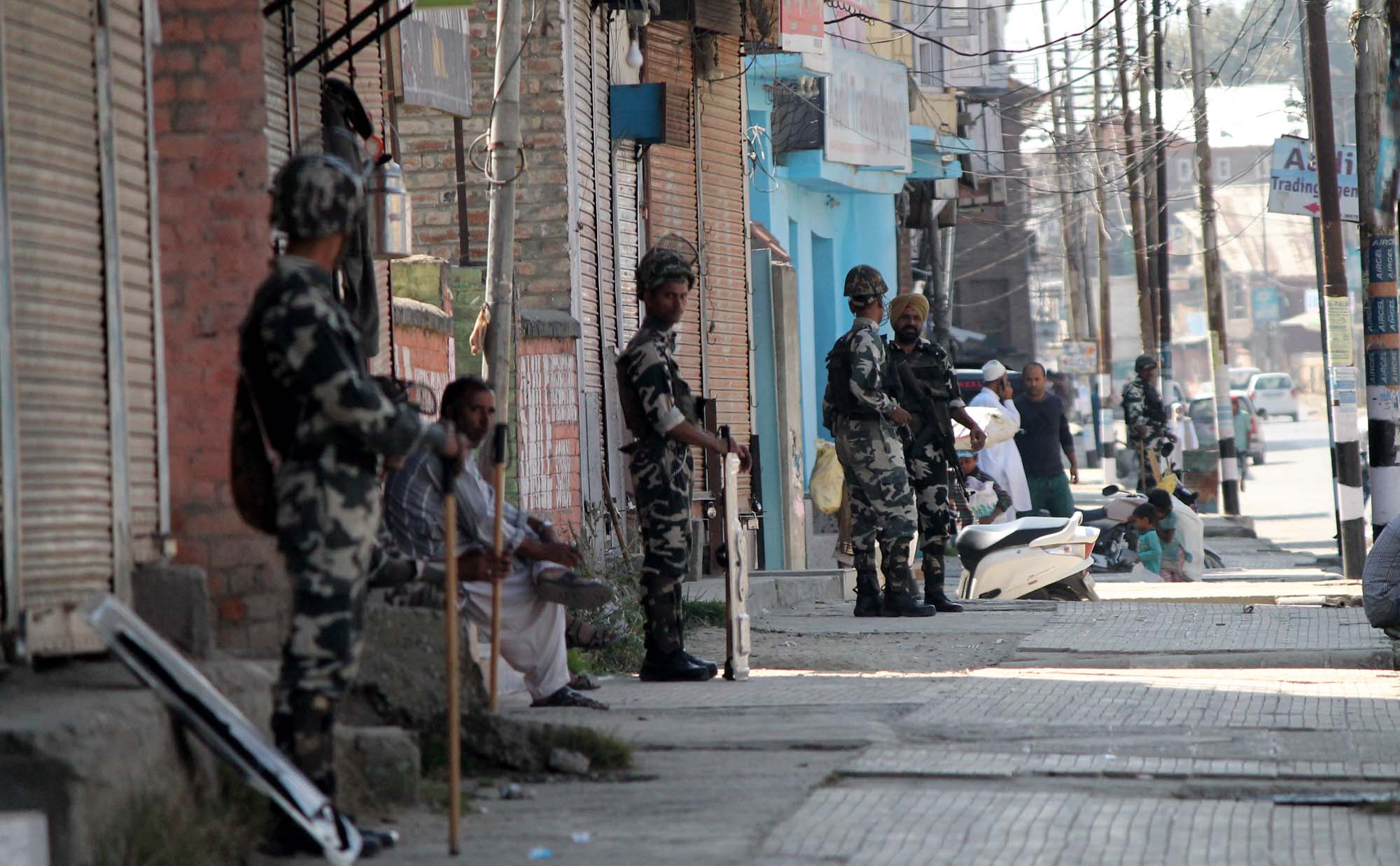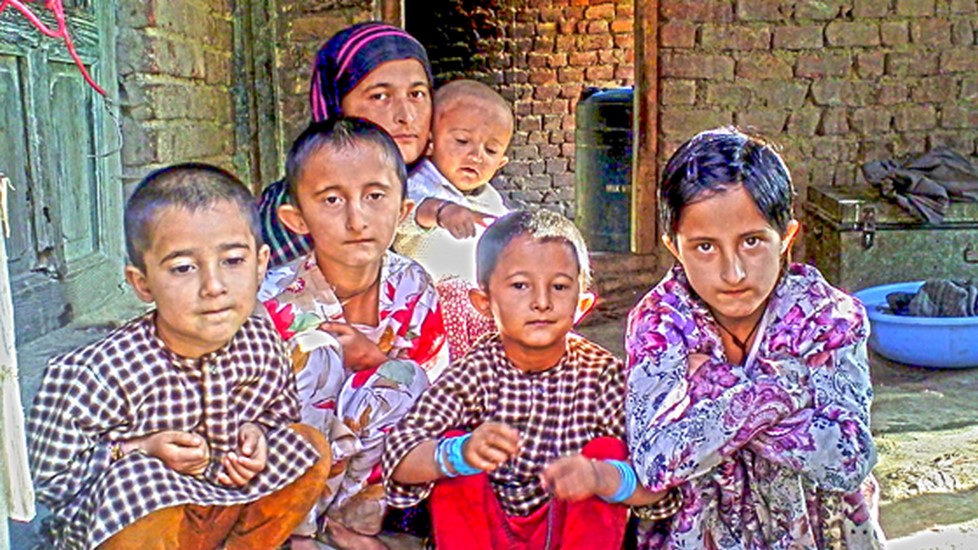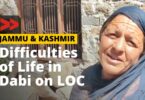Video by: Basharat Amin | Article by: Shreya Kalra
“We’re not here in Jammu and Kashmir illegally,” says Siraj Mustafa, holding up his UN High Commissioner for Refugees (UNHCR) identification card. For the time being, Siraj has shelter — albeit only temporarily, as his UN identity card will expire on 30 March 2018 and once again exacerbate his life’s uncertainty.
Rohingya people are the world’s most persecuted minority, and their sufferings have mostly been sidelined in world politics. Back home in Myanmar, which is a Buddhist majority country, they have been forced to leave in the wake of mass killings and rapes. Siraj is among half a million Rohingya people who have been forced to flee. They have been rejected outright in the neighbouring country of Bangladesh, and in India — where approximately 16,500 have sought asylum through UNHCR — they are being threatened with deportation.
And this leaves the Rohingya stateless and without security.
Wali Ahmad, who is living in a temporary shelter for Rohingya in Jammu, says that they were almost forced to leave their homeland simply to save their lives. “We had everything back in Myanmar — houses, land, shops,” he said to Video Volunteers’ community correspondent, Basharat Amin.
According to Human Rights Watch, the Rohingya people have been subjected to arson, extrajudicial killings and rape. In February 2017, UNHCR acknowledged that violence facing the Rohingya in Myanmar do amount to “crimes against humanity”.
In Jammu and Kashmir, the Rohingya have faced verbal and physical xenophobic attacks. Siraj told Basharat that a few local men had come to the camp they were living in and tried to set it alight. “Fortunately it was a small fire, otherwise about 11 homes would’ve turned to ash,” he said. The Jammu and Kashmir National Panthers Party began a public campaign on the social problems created by Rohingya and Bangladeshis and rallied the masses against them through posters to push them out of the state.
Though a few thousand Rohingya people have been legally recognised as refugees in India, according to the Minister of State for Home Affairs Kiren Rijiju, there are an estimated 40,000 Rohingya living in different parts of the country including Delhi, Haryana and Uttar Pradesh.
Also read — Rohingya Muslims in Jammu and Kashmir: Unwanted at home and unwelcome abroad, refugees are hanging by a thread
In the refugee camp, residents earn their livelihood through odd jobs. “As Muslims we cannot beg,” Siraj told Video Volunteers. “So some of us sew, while others are crack walnuts to sell and this is how we’re making money”.
Wali appeals to the humanity of Indian politicians and requests them to not deport them until Myanmar is safe for Rohingya to return.
The plight of Rohingya people almost bleeds of absurdity coming as it does out of Myanmar. Its leader, Aung San Suu Kyi, is a Nobel Peace Prize Winner — an honour bestowed for standing up against human rights violations in her country at the time, so it’s disconcerting to observe her silence on the mass killings of an entire ethnic group under her leadership.
Meanwhile, the Rohingya in Jammu are trying to survive in the midst of deportation threats. Aware of the anti-Rohingya campaigns taking place in Jammu, Siraj says that they are living by the rules, and wants everyone to know that they simply fled their homes to save their lives. “We are a peace-loving people,” he says, hoping to find safety, acceptance and a sense of permanence.
This story was first carried by FIRSTPOST










